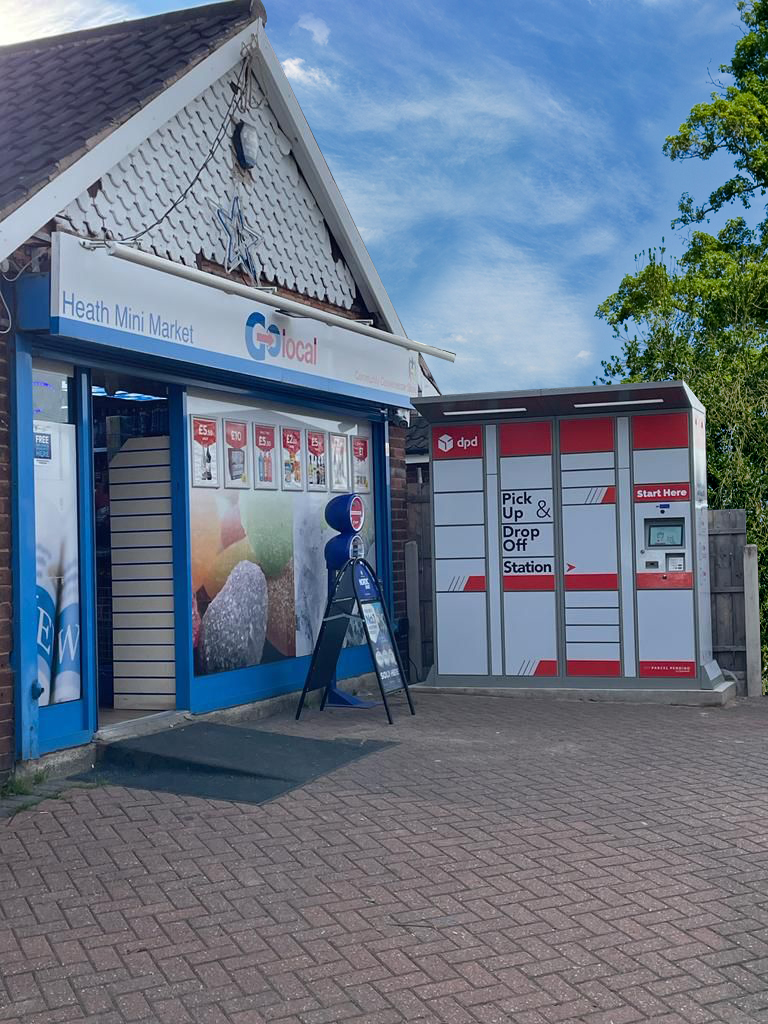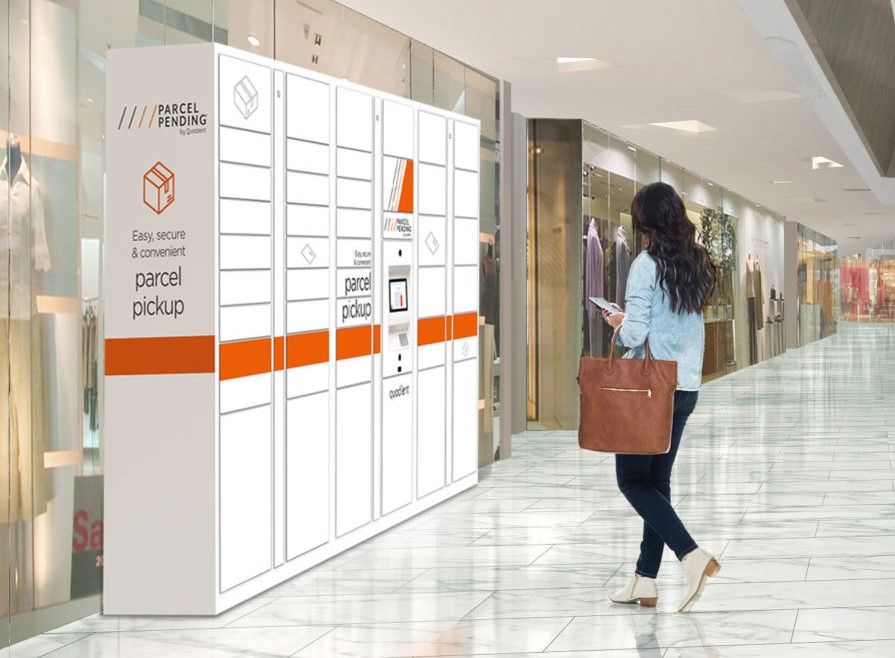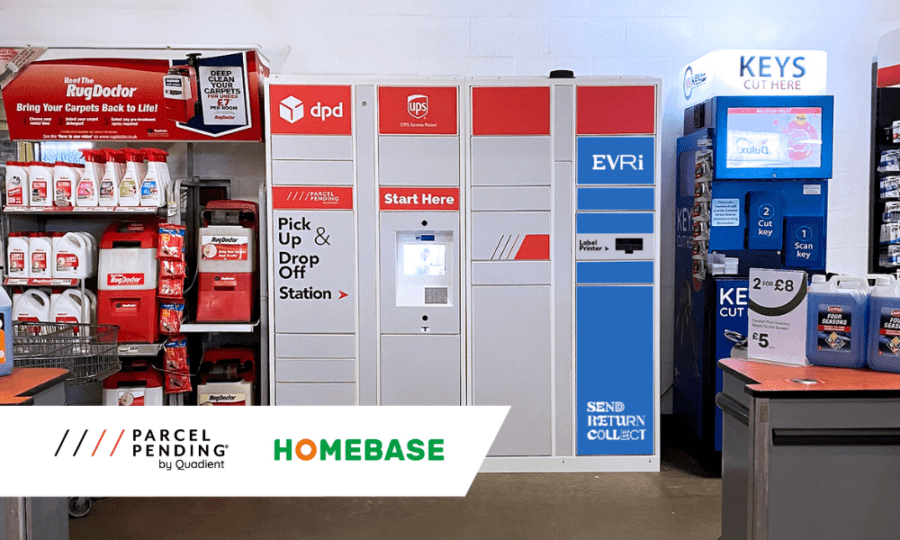
Our Blog
The Evolving Role of Facilities Management in Higher Education
4 Min Read
Written by: Parcel Pending
Facilities Management within Higher Education has always been crucial to the day-to-day running of campus operations. As times changes along with student and staff requirements, the role and responsibilities of FM has had to evolve too, non-more so than recently in a post-pandemic world.
Creating safe spaces
It’s important that students feel safe whilst on campus, which is why creating safe spaces is a key component within the role of facilities management teams.
The physical security of the campus includes CCTV, access control systems, safety protocols, third-party processes and much more.
Creating safe spaces may also include providing an area to give students space outside of their accommodation to relax, spend time alone, or come together as a community. This could be as simple as providing extra comfy seating in a quiet place or opening up otherwise empty classrooms for student committees to utilise.
Accessibility
As universities compete to attract students and retain the best staff, the facilities on offer can be enough to elevate one campus over another, but are the facilities and amenities accessible to all?
In 2019/20, 17.3% of UK higher education students reported that they had a disability of some kind. To ensure that higher education is inclusive and widely accessible means offering support for students with disabilities to optimise their campus life.
The more common accessibility support includes ramp access, braille signage and disabled parking bays but also considering other everyday processes – such as parcel collection. Reviewing all these processes and making them more widely accessible to students and staff, can create a happier, more fulfilling experience for all.
Facilitating better environmental practices
Whilst Facilities Management teams are crucial to enabling the growth of higher education institutions, the aim is to grow in size and offerings, whilst leaving a smaller footprint.
Universities UK announced last year that 140 institutions have made a commitment to reduce greenhouse gas emissions to net zero by 2050. By initiating greener processes on campus, facilities management teams can help to reach that goal.
Managing and limiting access to vehicles on campus does more than create safer roads, it can help to reduce pollution. Over 12% of the population suffer from Asthma and so a reduction in traffic on campus can help to keep the air cleaner for staff and students.
Flexibility for hybrid schedules
Many universities had to move almost entirely online during the midst of the pandemic and invest in technology which supported online learning. Although lessons are back in person, the option of hybrid learning is still available to many, giving students the flexibility to lean between learning in person and remotely. For facilities management teams, this can make it difficult to manage facilities on site since the number of campus visitors fluctuates daily. Additionally, students’ timetables may change almost every term.
Using smart technology to automate manual processes across campus can help to give students and staff the flexibility that they need.
Smarter facilities to create a smart campus
A smart campus is when a college or university leverages innovative smart technology to create better educational experiences and outcomes for its students, staff, and faculty. A key benefit that smart technology provides is data that facilities management teams can analyse and use to leverage better operational efficiencies.
Take parcel management, for example. Being able to offer services such as package collection beyond mailroom opening hours is a benefit every university and student accommodation should be looking into. It not only gives students the autonomy to collect packages on their own schedule, but it also saves mailroom staff heaps of time. And the benefits don’t stop there.
With parcel volumes growing steadily, the number of couriers visiting campuses is also increasing. Several different courier companies visit campuses multiple times per day, attempting to deliver to a mailroom or directly to students’ accommodations. If unsuccessful, either leave parcels lying around or attempt to redeliver the next day (sometimes up to 3 times!).
A simple way to reduce the impact of deliveries on campus is to consolidate them. A smart parcel locker on campus allows all parcels to be successfully delivered on the first attempt so there is no need for couriers to make the same journey two or three times – helping to reduce the carbon footprint of deliveries to campus. Instead, couriers deliver directly into the parcel lockers, where the package is kept secure until the student can collect it.
Parcel Pending by Quadient smart university lockers have accessible features so that they can be used by students and staff who may have difficulty reaching the higher lockers. The keypad and touchscreen are located within an accessible range, and a simple setting change can ensure any parcels delivered to those with access needs are assigned to lower-level lockers, creating easy access for all students and staff.
Request a free brochure below to learn more about Parcel Pending by Quadient smart university lockers





